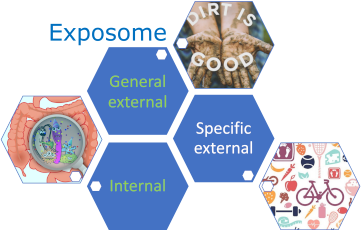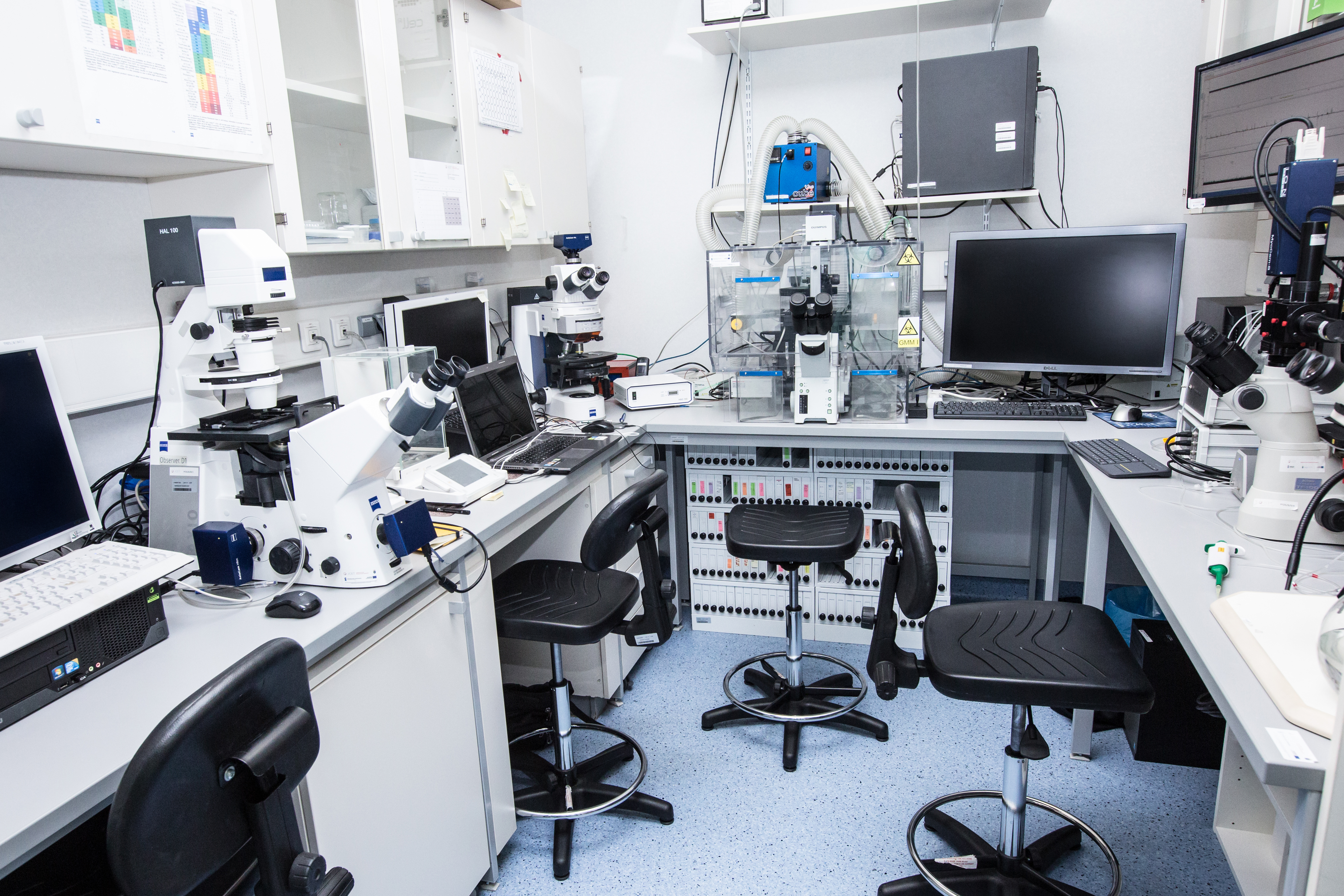
Project description:
In recent years more focus has been placed on human exposome and how it affects human health and well-being. Exposome understood as the set of human environmental exposures (complementing the genome) from conception onwards includes: a general external environment, a specific external environment, and internal environment factors. In all three categories, an alive part of the exposome are different microbiomes, e.g. urban microbiome, skin microbiome, gut microbiome.
There are many efforts around the world to pursue the knowledge behind many different types of microbiomes and to extract the information directly from metagenomes. Projects such as MetaHIT, Human Microbiome Project or American Gut Project/Microsetta Initiative had led to the growth of information about plenty of gut connected diseases such as obesity, inflammatory bowel syndrome or ulcerative colitis. Similar insight has been gained by projects focused on skin microbiota (The Human Skin Microbiome Project), environmental microbiome (Earth Microbiome Project), urban and subway microbiomes (MetaSUB International Consortium), and many more. However, only a few of them had also considered establishing interactions between microorganisms among themselves, with the environment, and with human beings as one of the main goals.
Microbiomes are diverse, dynamic, and complex parts of exposomes that are crucial for determining health. The composition of these biomes by nature is strongly related to the ecological niche they occupy and thus synergies and anergies are here dominant factors. Thus, the goal of the project is to extend our knowledge about interactions within and between features that arise in three complementary views on the microbiome: view through the lenses of compositional/taxonomical profile (i.e., abundance of microbial species), view through the lenses of functionalities related to the phenomena under scrutiny and view using variables derived directly from the samples (i.e., sequences obtained from a sample). Where in the last view no prior knowledge of microbial genomes and sequences of functional proteins are used.
In particular, we want to explore synergistic interactions between features and by this go beyond currently available approaches that are ill-fitted to analyse metagenomic data as they are not exploiting the existence of these relations.
Specifically, we will investigate synergies in three exposome related use-cases:
- Anomaly detection in microbiomes - identification of resistomes for AMR studies,
- Patient stratification - usage of microbiota profiles for establishing health status of the patient,
- Calculation of distances between microbiomes - prediction of the geographical origin of the sample.
The proposed type of analysis in the context of selected use-cases can lead to the discovery of new functionalities or new species that are relevant for the interesting phenomena.
The ideal candidate should have:
- background in computational biology, bioinformatics or related areas
- experience in metagenomics and/or medical data exploration
- experience in data science and/or machine learning
- some experience in programming with Python, Perl, or R
- fluent English
- high level of independence in action and self-motivation
- ability to work in teams
How to apply?
Schedule of the competition:
- Opening of the competition: 04.11.2022
- Application submission deadline: 08.11.2022, noon
- Entrance exams: 24.11-25.11.2022
- Committee meeting - no later than: 25.11.2022
- Exam results: 28.11.2022
- Entries to the Doctoral School: 29.11-01.12.2022
- Entries to the Doctoral School - reserve list: 02.12.2022
Documents required at the recruitment application stage:
- a curriculum vitae (CV) with particular emphasis on scientific achievements;
- a motivation letter, explaining how the applicant’s background and research interests make them a suitable candidate for the position;
- the names of the researchers giving references to the candidate (their contact number and academic title);
- documents demonstrating the scientific achievements listed in the curriculum vitae, e.g. first page of the article;
- transcript of grades: diploma supplement or the official transcript of grades, or another document listing completed courses and grades. Information about the grading scale must be included.
In the event of the persons referred to in Article 186, section 2 of the Act,
- two opinions confirming the high quality of their research work and the high level of
- advancement of such work, issued by: a research fellow holding at least the academic degree
- of doctor habilitated or being an employee of a foreign higher education institution or a
- research institution, that has significant achievements in academic issues related to the
- curriculum.
Any document submitted in a language other than Polish or English must be accompanied by a certified translation into Polish or English.
Documents required for enrollment:
- the original application and a photograph;
- a photocopy and the original for inspection:
- a. a diploma certifying the holding of a degree of Master, Master Engineer or equivalent in a field of study from among those indicated in the detailed conditions of recruitment, or
- b. a diploma of completion of studies abroad, giving the right to enrol in a course of doctoral studies in the issuing country or recognised as equivalent to the appropriate Polish diploma confirming the qualifications of the second degree; if the candidate has not yet been issued such a diploma by the deadline for admission, he/she shall submit a certificate of completion of such studies and a written undertaking to provide the diploma of higher education entitling to enrol in a course of doctoral studies within the prescribed deadline;
- for inspection: identity document (passport in case of foreigners);
- originals of all other documents provided at the registration stage in the form of a scan.
In the event of exposure to harmful, noxious or hazardous factors, the applicant will, at the time of registration, be referred for a medical examination by an occupational medicine physician. The candidate shall be obliged to deliver, within the time limit set by the programme manager, a medical certificate confirming the absence of contraindications to take up education.
Higher education diplomas awarded abroad should:
- bear an apostille clause if the issuing country is covered by the Convention abolishing the requirement legalisation for foreign public documents, done at The Hague on 5 October 1961 (Journal of Laws of 2005, No. 112, item 938) or
- be subjected to legalisation, in other cases.
Any document submitted in a language other than Polish or English must be accompanied by a certified translation into Polish or English.
Insurance:
Each doctoral student, including a foreigner, admitted to the doctoral school is obligatorily subject to health insurance if he/she is not covered by such insurance on other grounds (e.g. employment relationship, contract of mandate, business activity, insured as a family member under 26 years of age, as the spouse of an insured person). The health insurance contribution is paid by Jagiellonian University and is financed from the State budget. In addition, a doctoral student receiving a doctoral scholarship is subject to compulsory retirement and disability insurance and accident insurance.
IMPORTANT:
A person admitted to the doctoral school begins education and acquires doctoral student rights upon taking the oath. The Department of Personal Affairs reports each doctoral student admitted to the School to compulsory health and social insurance at the commencement of education, i.e. from 1 October at the earliest. Until that time foreign candidates are obliged to cover the costs of insurance for the time of travel, treatment, etc. individually.


